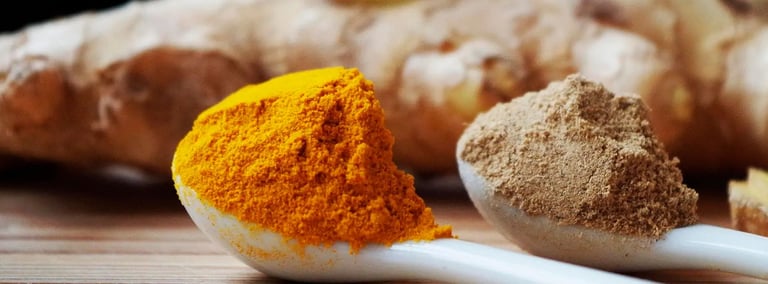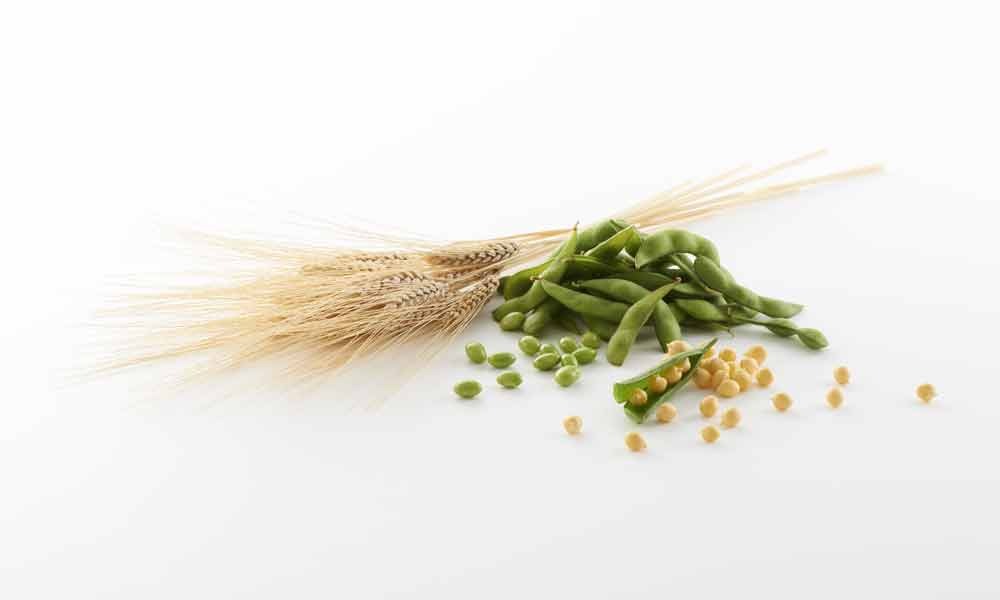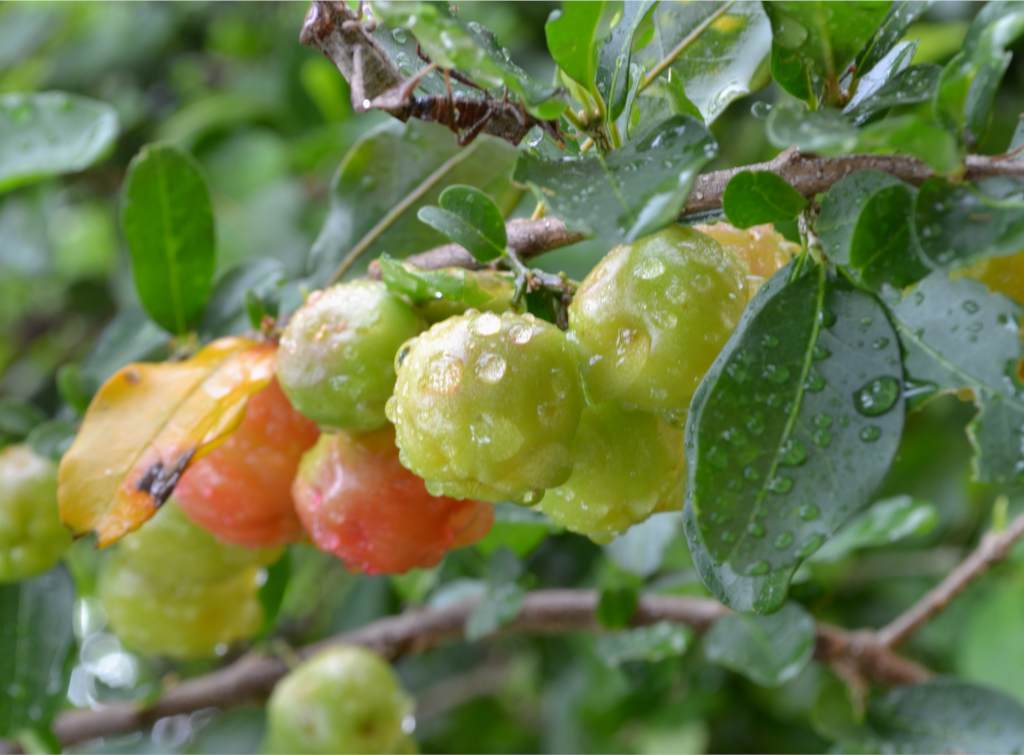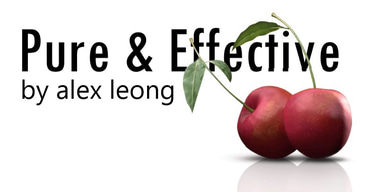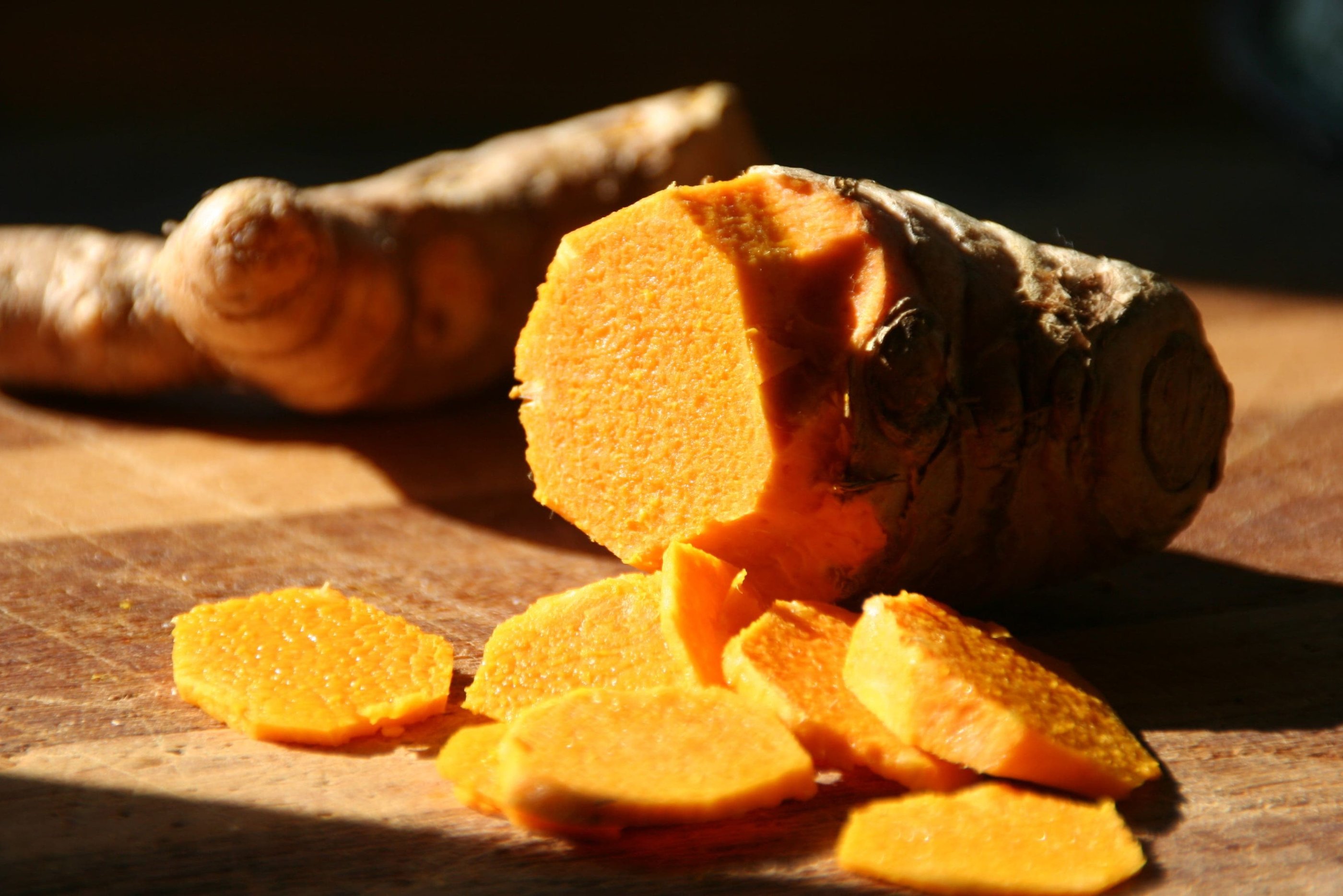

Whole Plant vs. Plant Extracts: Finding the Balance
When it comes to health and wellness, the debate between whole plants and plant extracts often stirs up strong opinions. Whole food enthusiasts swear by their garden-fresh greens, while others find convenience in supplement pills. So, let’s break it down and explore both sides of the spectrum in a balanced conversation.
The Power of Whole Plants
First, let’s give whole plants their due credit. There’s nothing quite like biting into a crisp apple or tossing a handful of fresh spinach into your smoothie. Whole foods are packed with fiber, vitamins, minerals, and beneficial plant nutrients that work together in harmony. Think of them as a symphony, where each component enhances the others. Plus, eating whole plants keeps you connected to nature and offers a delightful sensory experience—flavors, colors, textures—all contributing to your overall well-being.
In a Nutshell
Remember, supplements are meant to support, not replace, a healthy diet or professional medical treatments. Just like with whole foods, moderation is key. Over-reliance on supplements can burden your body—particularly the liver—with excessive doses. Nutrilite discourages a "pill-popping" culture that overlooks the root causes of nutritional deficiencies. Supplements should be part of a balanced approach to wellness, supporting a wholesome diet and healthy habits.
At the end of the day, balance is key. Embrace the best of both worlds—enjoy whole plants for their complete nutritional profile and rich flavors while using supplements to fill in the gaps when needed. This is especially important when many of us don’t consume enough fruits, vegetables, or medicinal plants regularly. By finding this balance, you’ll support your body in the most holistic way possible.
And whether you choose whole plants or plant extracts, purity and traceability are paramount. Consuming contaminated herbs or adulterated supplements can do more harm than good. Ensuring the highest standards of purity and traceability in your supplements is critical to achieving the best health outcomes.
Return to:
Plant Extracts and Concentrates
But let’s be honest: life can get hectic. Finding the time to prepare elaborate meals rich in diverse fruits and vegetables every day isn’t always feasible. Additionally, some plants, like milk thistle, can be challenging to source fresh. Enter plant extracts! These convenient capsules, tablets, and powders deliver a concentrated dose of essential nutrients, making them ideal for busy lifestyles. They offer a practical solution for those moments when you’re on the go or simply don’t feel like tackling another kale salad.
Now, it’s important to understand that extraction is not a new concept—it’s actually a form of concentration that has been used for centuries, especially in Traditional Chinese Medicine (TCM). For example, TCM practitioners would boil herbs to concentrate their active compounds. What might start as four bowls of herbal liquid could be simmered down to just one, creating a more potent medicinal solution while preserving the plant's full range of natural compounds. This method maintains the synergy of the plant, allowing its various components to work together in harmony.
While the traditional method is tried and true, it can be time-consuming. Even TCM practitioners are beginning to embrace modern supplement forms, recognizing that today’s fast-paced lifestyle sometimes demands quicker solutions. Plant extracts provide a modern twist on ancient practices, making it easier to integrate herbal wisdom into our daily lives.
Nutrilite’s Balanced Approach
Nutrilite exemplifies a balanced approach by using whole powder, concentrates, and extracts—but never taking things to extremes. Standardized extracts are common in the supplement industry today, where plant extraction technology ensures a consistent level of active compounds in each dose. However, the over-isolation of compounds can strip away complementary phytochemicals, disrupting the plant’s natural synergy and potentially increasing the risk of side effects while losing the holistic benefits that come from a full spectrum of natural compounds. For instance, extracting nearly pure (98%) piperine from black pepper or curcumin from turmeric might offer concentrated effects but can lose some of the beneficial elements that contribute to the plant's overall health benefits.
Nutrilite, on the other hand, combines concentrated nutrients with the preservation of natural synergy. Take their soy protein powder as an example—it’s not an extreme (98%) extraction. Instead, they incorporate it as part of a tri-blend, with 70% soy protein isolate combined with wheat and pea proteins. This blend maximizes the nutritional profile, ensuring that you receive the full range of benefits without isolating and focusing solely on one compound. Hence, you literally never see a Nutrilite supplement with an isolated ingredient!
To explore this balanced approach further, feel free to visit the supplements page and browse through the variety of products offered. Each one reflects Nutrilite’s commitment to maintaining the natural integrity and synergy of plant-based nutrition.
Why More Isn’t Always Better
While isolated compounds may deliver powerful therapeutic effects, they can increase the risk of side effects and lose the holistic benefits that come from a full spectrum of natural compounds. Nutrilite doesn’t go to extremes; instead, it maximizes concentration while preserving botanical synergy, delivering a more balanced health benefit.
For instance, Nutrilite employs advanced extraction methods, such as harvesting fruits like acerola cherries and pomegranates at just the right moment, before they fully ripen, to capture the highest concentrations of beneficial phytochemicals. This careful attention ensures maximum health benefits while avoiding the risks of over-isolation or excessive doses.

